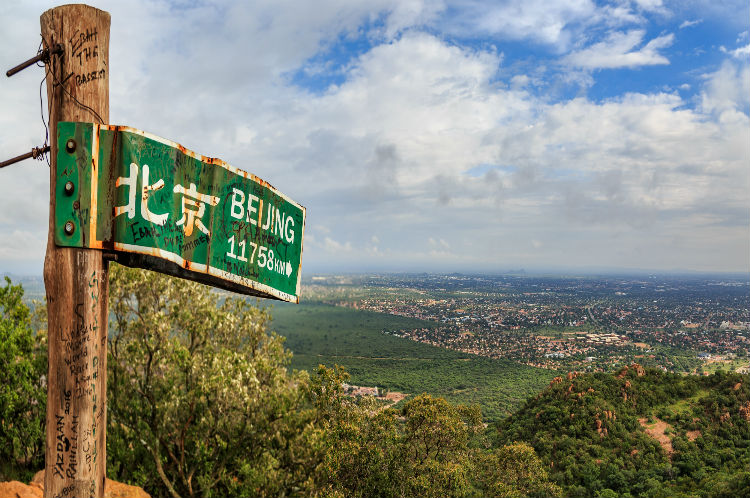May 22, 2018 Reading Time: 3 minutes
Your weekly digest of foreign policy commentary
 Reading Time: 3 min read
Reading Time: 3 min readDeborah Bräutigam challenges assumptions of predatory lending in Africa. Image credit – ambeon / deposit photo
Japan’s Indo-Pacific Strategy: The Importance of Sri Lanka, South Asia @ LSE, by Anne-Léonore Dardenne, University of Lyon
“Torn between China and its Indian ‘Big Brother,’ Sri Lanka plays a delicate balancing game. Japan and Sri Lanka currently enjoy friendly relations that could allow Japan to play a stabilising role in the region.”
LKI Take: Sri Lanka could enhance security cooperation with Japan by seeking its assistance to build maritime law enforcement capacity. Japan has recently made similar commitments to Pacific island nations.
What Trump’s JCPOA Withdrawal Means for India?, Brookings Institution, by Tanvi Madan, Brookings
“Washington’s JCPOA withdrawal is not an unmanageable problem for India, but it creates complications that will require it to expend time and resources that are already in short supply.”
LKI Take: Sri Lanka does not import oil directly from Iran, but in 2017, a third of its refined oil came from India. Policymakers should prepare contingencies to mitigate any potential knock-on impact from disruptions to Indian oil imports.
US Politicians Get China In Africa All Wrong, Washington Post, by Deborah Bräutigam, Johns Hopkins University
“China is often lambasted as a nefarious actor in its African dealings, but the evidence tells a more complicated story.”
LKI Take: Sri Lanka could counter misinformation about China’s role in the country by improving transparency around foreign investment contracts, as has been advocated for natural resource investments.
*Written by Malinda Meegoda and Barana Waidyatilake, and edited by Adam Collins. The opinions expressed in these Weekly Insights are the authors’ own and not the institutional views of LKI, and do not necessarily reflect the position of any other institution or individual with which the authors are affiliated.
Please note that there will be no Weekly Insights next week due to the public holiday. We will back on 5 June with compelling commentary from the world of foreign policy and international relations.